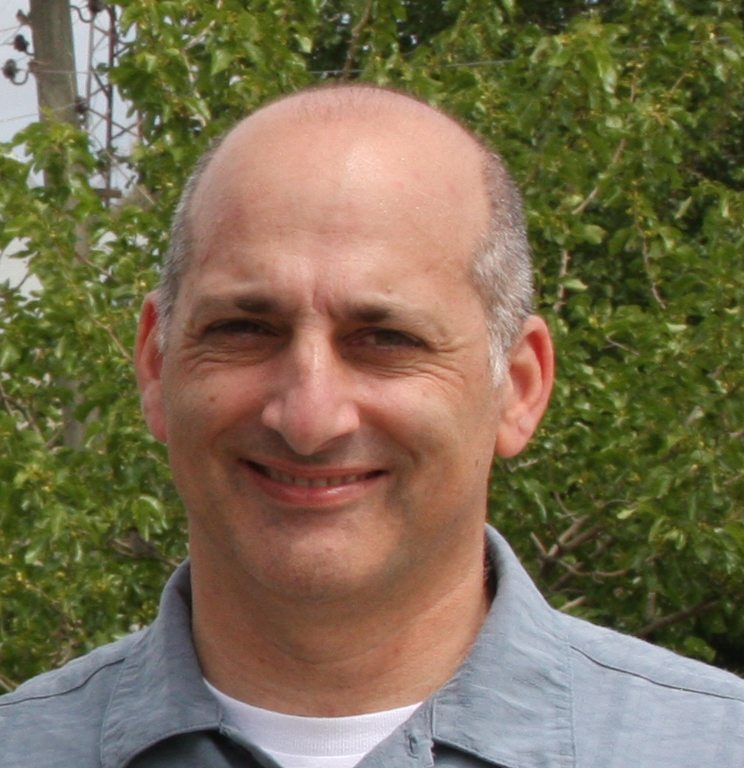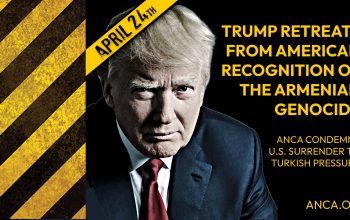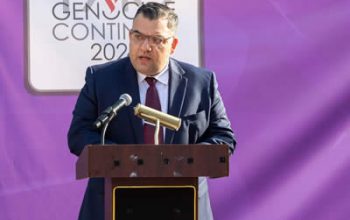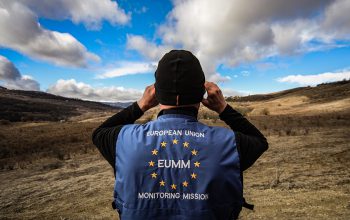By George Aghjayan
It does not take an expert in the field of social media to observe its detrimental impact on the ability of rational people to discuss, disagree, educate and reach consensus. This degradation manifests itself in many ways and forms, yet each fundamentally hardens divisions and undermines democracy. In the Armenian context, it is eroding the essence of our nation. If we are unable to discuss, to disagree, to criticize and, thus, rectify our mistakes, then we become perpetually trapped in the decisions of the few.
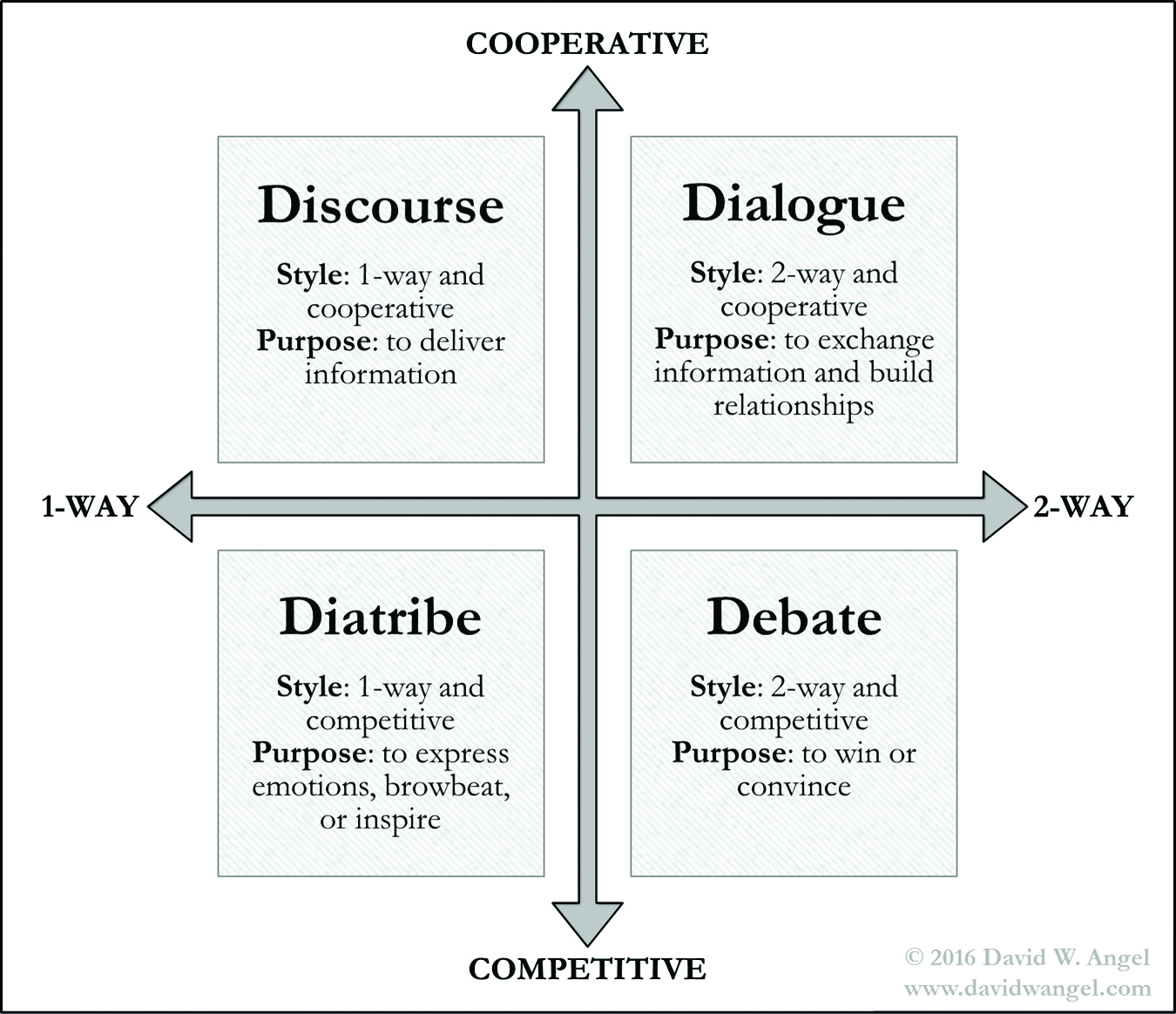
Across the Armenian landscape, I see slogans and memes repeated ad-nauseum as if they are the Gospel truth. We are left with no nuance, no room for discussion and, unfortunately, no room for advancement. Not only are we left arguing, but often we are arguing about the wrong things.

The denial of Mourad Papazian’s entry into Armenia is a case in point. Given what is happening in Armenia, it is natural to assume Papazian’s treatment by the Armenian authorities is tied to his membership in the Armenian Revolutionary Federation (ARF) and the policies of the party as it relates to the current Armenian government and Prime Minister Nikol Pashinyan, in particular. Those who are advocates for Pashinyan, whether in Armenia or the Diaspora, counter this claim by noting that the entry ban targets Papazian because he organized and participated in demonstrations against Pashinyan when he was in France on a state visit in 2021.
Those arguing that ARF Bureau member Papazian was denied entry simply because he is a party leader have the difficulty of explaining why other members of the Bureau were allowed entry on the same day. On the other hand, Pashinyan advocates dismiss any targeting of the ARF while at the same time justifying all actions the Armenian government takes against ARF members.
Not only are we left arguing, but often we are arguing about the wrong things.
An impartial observer, not having any additional information, might try to reconcile these two positions by assuming that Papazian was chosen from the many ARF members entering Armenia because the anti-Pashinyan demonstrations in France were particularly problematic for the administration. The observer may further assume that the move sought to put the worldwide ARF leadership on notice that organizing anti-government actions can lead to denial of entry to Armenia.
But is such a reconciliation of disparate views enough? We must acknowledge that such a reconciliation will not be accepted by the advocates of the polar positions. And is this even the discussion we should be having?
I would argue that the discussion should be centered on what criteria a country grounded in democratic principles should set for entry of non-citizens. It is through that discussion that underlying agendas become more apparent.
National security or prior or expected criminal behavior are standard reasons used to deny entry in many countries. Some countries will bar entry to individuals simply because they visited a third country at some point. For example, Azerbaijan has notoriously taken issue with anyone holding a passport with an Artsakh visa. While I was not barred entry, I was held up at security for a few hours in Armenia after the 2020 war because my US passport contained numerous Turkish visas. But there are other similar examples, as well. The discussion should center on the appropriate criteria for Armenia.
Those attributing all actions of the Pashinyan administration to its anti-ARF policy must acknowledge that there are legitimate reasons to deny entry. However, advocates of the Pashinyan regime must acknowledge that regardless of the criteria set, Papazian does not meet them. He was not convicted of any criminal activity and was not claimed or shown to be a security threat. He is a citizen of France, a country and its citizens with which Armenia is on good terms.
In addition, I find particularly distasteful the implication I have seen on social media by Pashinyan advocates that because other ARF members are able to enter Armenia the treatment of Papazian should cause no level of concern. As Martin Luther King, Jr. said, “Injustice anywhere is a threat to justice everywhere. We are caught in an inescapable network of mutuality, tied in a single garment of destiny. Whatever affects one directly, affects all indirectly.”
George Aghjayan is the Director of the Armenian Historical Archives and the chair of the Armenian Revolutionary Federation (ARF) Central Committee of the Eastern United States. Aghjayan graduated with honors from Worcester Polytechnic Institute in 1988 with a Bachelor of Science degree in Actuarial Mathematics. He achieved Fellowship in the Society of Actuaries in 1996. After a career in both insurance and structured finance, Aghjayan retired in 2014 to concentrate on Armenian related research and projects. His primary area of focus is the demographics and geography of western Armenia as well as a keen interest in the hidden Armenians living there today. Other topics he has written and lectured on include Armenian genealogy and genocide denial. He is a board member of the National Association of Armenian Studies and Research (NAASR), a frequent contributor to the Armenian Weekly and Houshamadyan.org, and the creator and curator westernarmenia.weebly.com, a website dedicated to the preservation of Armenian culture in Western Armenia.

